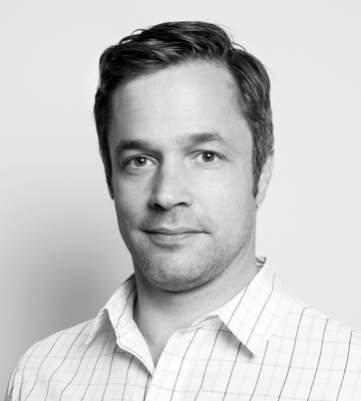
[INTERVIEW] “Digital Sovereignty and Digital Authoritarianism” with Nate Persily
16 February 2023[INTERVIEW] “Digital Sovereignty : International tensions” with Arancha González
16 February 2023[INTERVIEW] “Chinese strategy of Cyber/Network Sovereignty” with Johannes Thumfart
This series of interviews was recorded as part of the the Annual Conference of the Digital, Governance and Sovereignty Chair which took place on the 6th December 2023 on the theme of “Digital Sovereignty and Geopolitical Crisis“.
While the notion of “digital sovereignty” is mostly used in Europe as a synonym for the concept of “strategic autonomy”, as coined by the European Union, it is also used, outside Europe, to refer to strategies aimed at regaining control of the global network. In fact, since the beginning of the 2000s, China and Russia have been trying to build a so-called “sovereign Internet” both at the lower layers (servers, protocols) and upper layers (social networks, messaging services) of the Internet. In light of these two examples, can we fear, as is often the case across the Atlantic, that the concept of “digital sovereignty” risks legitimizing shifts toward digital authoritarianism?
The conference approached the notion of digital sovereignty in a renewed, global perspective, including a discussion of the digital and cyber features of the Ukraine war and the current technological confrontation between China and the United States.
In this interview, Johannes Thumfart, senior Postdoctoral Researcher at Vrije Universiteit Brussels, explores the concept of cyber sovereignty from the Chinese perspective.

JohannesThumfart is a senior and Postdoctoral Researcher at Vrije Universiteit, Brussels. He received his PhD from Humboldt Universität Berlin in the Intellectual History of International Law. At LSTS, he conducts the research project “Six Fundamental Challenges to State Sovereignty in the Digital Age: A Descriptive and Normative Analysis”. He is a regular political commentator at Der Spiegel and has taught and researched at universities in Germany, France, Mexico and the US.

![[INTERVIEW] “Chinese strategy of Cyber/Network Sovereignty” with Johannes Thumfart Slide](http://www.sciencespo.fr/public/chaire-numerique/wp-content/plugins/revslider/public/assets/assets/dummy.png)